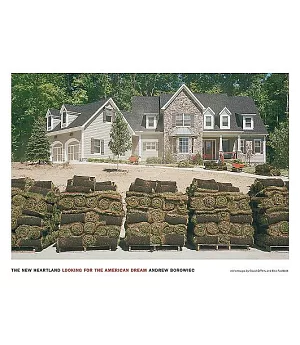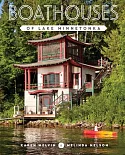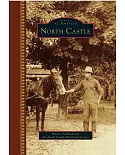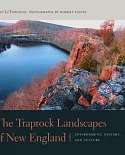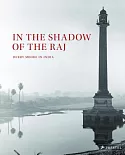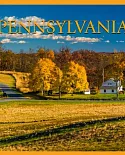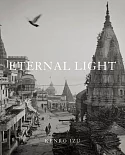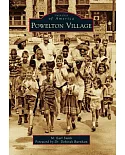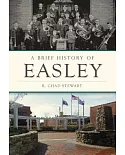In many ways, Ohio has become for America the quintessential heartland state, for what happens in Ohio happens over all of the United States. Ohio has been a bellwether swing state for the
winning candidate in every presidential election since 1944 except one. It’s also the place where fast-food companies test-market new products and the place where chewing gum, Teflon, and the
first cash register, first vacuum cleaner, first airplane, first traffic signal, and first gas-powered automobile were invented. You can’t get more heartland than that. Even the state’s
Division of Travel and Tourism has relied on "Ohio, the Heart of It All" as its popular motto since the Reagan years to attract visitors to the state. Yet everything seemed to change after the
2004 presidential election, when political scientists and long-time journalists looked more closely at the election results: Ohio was changing, just as America was changing. Big differences
were noted between voters who lived in the cities and those who lived around the cities who aligned with voters from rural areas. Andrew Borowiec, an eminent photographer based in Akron, took
notice, and he headed out with his camera to take a closer look at the electoral map on the ground. And what he found was astonishing. The once rolling farmlands that used to surround the
cities and define Middle America were rapidly giving way to vast suburban housing developments of nearly identical, hastily built mini-mansions with enormous garages and fancy yards. These were
new bedroom communities for long-distance commuters to the cities where there were jobs. And the traditional Main Streets of yore were being eclipsed by "lifestyle centers": shopping malls
filled with national chains whose commercial architecture is a cacophonous blend of multiple periods and styles somehow blending into a fanciful display in which every detail is reproduced out
of extruded foam and all of it designed to evoke an imagined past era of luxurious consumerism. Distinctive architectural and landscape styles of the region had given way to a ubiquitous
culture of global marketing in which J. Crew was a more familiar name than James Joyce. Homogenization and conformity had won over the American dream. In the tradition of other famous
interpreters of American land and life---among them J. B. Jackson, Walker Evans, Robert Frank, and the New Topographics photographers---Andrew Borowiec has used his keen eye and dedication to
field work to give us a fresh, at times humorous, and ever razor-sharp view of what is going on in America today. There is a new heartland, a new American dream, and it can be found in the new
residential and commercial landscapes of Ohio, and the rest of America, if we choose to open our eyes and take a look.

